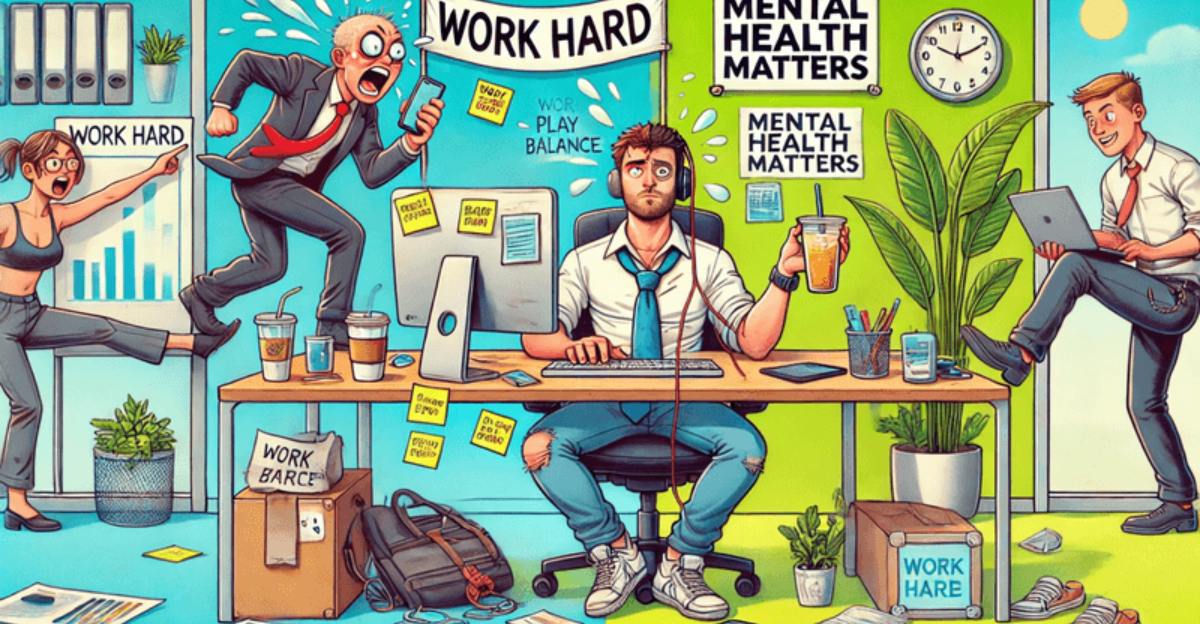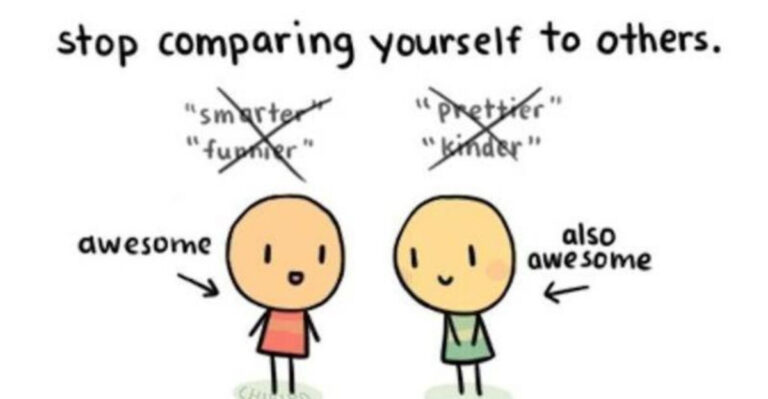15 Things Boomers Built That Gen Z Is Fixing Without Making A Big Deal About It
Okay, I’m gonna be real: a lot of the world we live in was built by Boomers. And sure, some of it worked for a while. But if you’ve ever felt like you’re patching leaks in a boat you didn’t ask to board, you’re not alone.
Gen Z is quietly patching, rerouting, and sometimes tearing down the old systems—without a parade or an Instagram story. It’s not about disrespect. It’s just doing the work.
Here are 15 places where Gen Z is quietly fixing the things Boomers left behind. If you never noticed, that’s probably the point. No drama, just change. That’s how they roll.
1. The Nine-to-Five Grind

Remember the days when “working hard” meant clocking in by 9 and hoping to escape by 5:01? Gen Z saw the cubicle farms and fluorescent lights, shrugged, and said, “There has to be a better way.” Now, you’ll find them working poolside, in co-working spaces, or curled up in the corner of a favorite café.
To them, flexibility isn’t a perk. It’s a basic need. They pick jobs that offer remote work, four-day weeks, or side gigs instead of a single career path. They’re allergic to the idea that your worth is measured by time spent at a desk. Instead, they chase results and freedom, shaking off the old guilt of “leaving early.”
It wasn’t rebellion, just common sense. Anyplace with Wi-Fi is an office. If someone asks, “Aren’t you afraid that’s lazy?” they just smile and send another email…from the beach.
2. Body Positivity and Real Beauty

The glossy magazine covers from the 80s and 90s promised perfection: tiny waists, flawless skin, and one idea of beauty. Gen Z looked at those old ads, shook their heads, and opened TikTok instead. Here, stretch marks, acne, and every size show up without apology.
They champion influencers who skip filters and show what real bodies look like after a long day. Instead of chasing impossible standards, they celebrate authenticity, even if it’s “messy.” It’s not about shouting, “Look at me!” It’s just quietly living as you are, without waiting for permission.
Old beauty rules faded. Gen Z didn’t bother arguing—they simply built their own, inclusive mirror. Turns out, confidence looks better in every shape.
3. Sustainable Everything

Fast fashion haunted our closets, plastic choked our oceans, and landfills kept growing. Gen Z didn’t write thinkpieces—they just started shopping differently. Thrift stores became cool spots, and upcycling a jacket was something to brag about.
You’ll see them carrying water bottles everywhere, hunting for package-free groceries, and posting about plant swaps. Their kitchens are full of glass jars, not plastic takeout boxes. Instead of lecturing, they just show up with reusable totes and a stubborn refusal to buy what they don’t need.
For them, sustainability is less a campaign and more like second nature. They don’t make a fuss—they just quietly leave less behind.
4. Mental Health Out in the Open
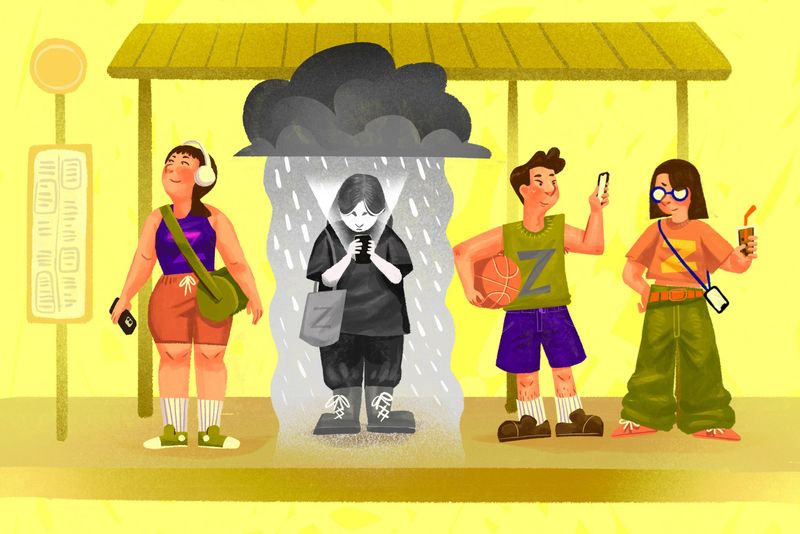
Once, people whispered about therapy or hid their antidepressants like secrets. Gen Z grew up seeing the cracks in that silence. Instead of pretending everything was fine, they started talking, texting, and posting about anxiety, depression, and everything in between.
You’ll spot them swapping therapist recommendations or sharing memes about rough days. Their friends know the difference between “I’m fine” e “I need help.” They talk openly about panic attacks, burnout, and taking mental health days. There’s no shame in caring for your mind.
They didn’t launch a crusade—they just stopped hiding. For Gen Z, mental health is just health. Period.
5. Normalizing Therapy

Talking about mental health, can you imagine telling your parents you wanted therapy? Awkward silence, maybe a worried look, right? Gen Z shrugged off the stigma. Now, their group chats are filled with “My therapist said…” and nobody flinches.
They treat mental health support like going to the dentist: uncomfortable sometimes, but necessary. Friends check in on each other about appointments and celebrate breakthroughs, big or small. The shame fell away with a few honest conversations.
They didn’t push for a cultural overhaul—they just acted like therapy was normal. Before long, it was. That’s how change sneaks in.
6. Questioning College Debt

Boomers grew up believing college was a guaranteed ticket to a good life. Gen Z saw the price tags balloon and realized the promise hadn’t kept up. Instead of blindly signing loan papers, they started to ask whether a degree was worth it—for them.
Some skip college altogether; others pick community college or trade schools. The smartest ones stack side gigs and online courses, building skills on their own terms. They care less about the old prestige and more about what actually works.
No judgment, just calculated choices. For them, “How will you pay for that?” isn’t a rhetorical question—it’s the first thing they ask.
7. Canceling Outdated Dress Codes

Blazers and pantyhose used to be the price of admission, even for jobs that didn’t see clients. Gen Z walks in with purple hair, nose rings, and thrifted sneakers—and nobody bats an eye. They rewrote the rulebook: dress codes now mean “come as yourself.”
What matters is what you bring to the table, not whether your socks match or tattoos show. People are free to express gender, culture, and personality with their wardrobes. The result? Authenticity, not conformity.
Boomers might shake their heads, but Gen Z just shrugs, gets the job done, and grabs a coffee. Why fit in when you can belong?
8. Digital Activism Without the Spotlight
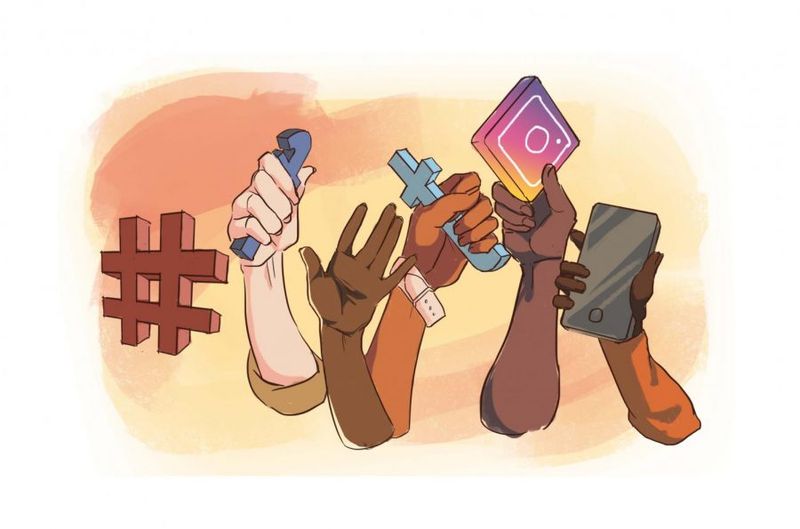
Not every revolution needs a megaphone. Gen Z learned that hashtags move faster than handshakes, and that real change sometimes starts in a group chat at midnight. They organize fundraisers from bedrooms and flood timelines with facts, not just opinions.
They’re digital-native activists, but you won’t always see them marching on the news. They boost marginalized voices, coordinate mutual aid, and call out injustice with two thumbs and a Wi-Fi signal. Quiet doesn’t mean passive—it means strategic.
They don’t need the credit. For Gen Z, impact matters more than credit or applause. That’s their style.
9. Breaking the Career Ladder

The old ladder had one way up—step by step, year by year, same company, same title. Gen Z glanced at that, then built a jungle gym instead. They hop between jobs, learn new skills, freelance, and create their own companies in living rooms.
They don’t fear career changes; they expect them. Security doesn’t come from a gold watch—it comes from adaptability, side hustles, and having skills that don’t expire.
Did someone say “unreliable?” Gen Z just calls it smart. Why climb when you can explore?
10. Redefining Financial Success

Big houses and fancy cars used to mean you “made it.” Gen Z looked at skyrocketing prices and thought, “Why?” They prioritize experiences—travel, time with friends, learning new things—over collecting stuff.
They’re savvy with money and choose apps and hacks over credit cards and debt. Instead of feeling behind, they celebrate small wins: paying off a loan, saving for a trip, or splitting rent with friends.
They know joy isn’t measured in square footage. Their version of rich is having enough to breathe, not enough to brag.
11. Revolutionizing Home Ownership
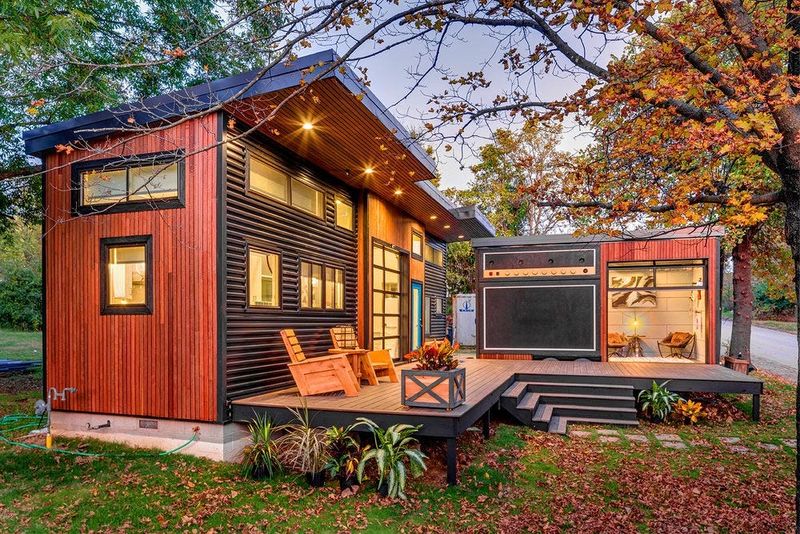
In the past, owning a large suburban home was a marker of success. Boomers invested heavily in real estate, believing it to be the safest investment. However, Gen Z redefined what it means to own a home, opting for minimalist and sustainable living spaces such as tiny houses.
This shift is not just about finances but also reflects a deeper value for experiences over possessions. By prioritizing sustainability, Gen Z chooses homes that align with environmental consciousness.
Fun fact: The tiny house movement, which began as a niche trend, has now become a resilient housing solution among young eco-conscious individuals.
12. Turning Down Toxic Hustle Culture
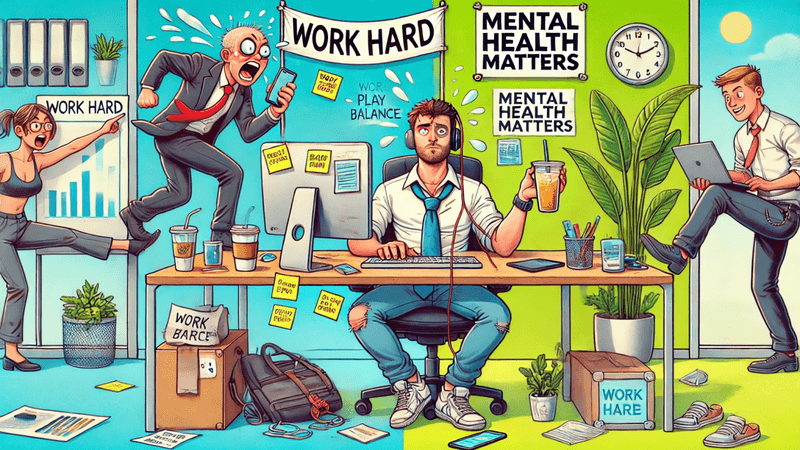
Remember when you were supposed to work yourself to exhaustion and call it ambition? Gen Z saw the burnout and quietly pressed pause. They set boundaries, take actual breaks, and refuse to glorify all-nighters.
They’re not lazy—they’re just honest about what’s sustainable. Success means being well-rested, connected, and sane, not always busy. The grind lost its shine.
If someone calls it “slacking off,” Gen Z doesn’t even argue. They’re busy living—and that’s enough.
13. Modernizing Voting and Civic Engagement
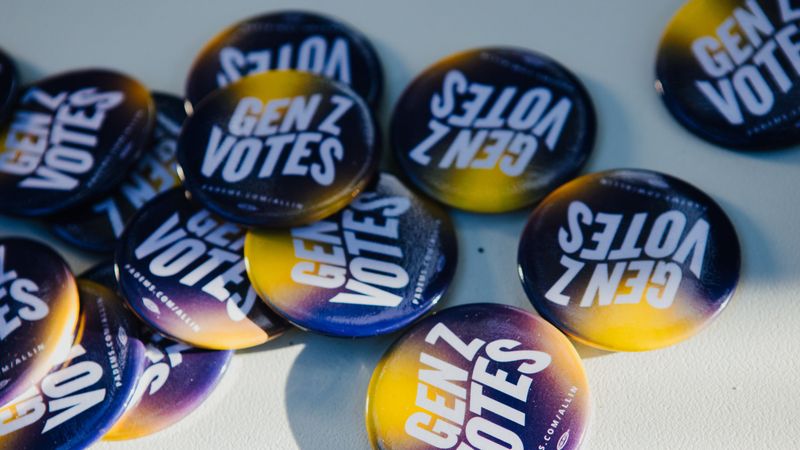
Long lines, confusing ballots, and old machines—voting used to be a headache. Gen Z grew up online, so they wondered why democracy lagged behind. Now, they organize voter drives on Instagram and demand online registration.
They share info in group chats, help friends check ballots, and push for mail-in options. Voting isn’t an event; it’s built into everyday life. Their activism is digital-first, but their belief in change is old-school stubborn.
They’re making democracy accessible—one text at a time. No fanfare, just a better system.
14. Dismantling Gatekeeping in Music and Art

Remember when you needed a record deal, gallery, or publishing house just to get noticed? Gen Z said, “Nah, I’ll do it myself.” Now, music and art explode online, with creators sharing work on TikTok, YouTube, and everywhere in between.
Genres collide, collaborations happen overnight, and talent is what counts—not connections. The gatekeepers lost their keys, and the world got way more interesting. Anyone can play, if they’re bold enough to hit upload.
They never declared a movement. They just created, shared, and let the art speak for itself.
15. Rewriting Relationship Rules

Marriage by 25, house by 30, kids by 32—that’s the old script. Gen Z tossed it in the recycling. Their relationships play by new rules: long-distance, non-monogamous, living together before marriage, or simply choosing themselves for a while.
Love isn’t a checklist, and commitment is personal. Family looks different—chosen families, close friends, pets, or just roommates. They know happiness isn’t tied to a timeline or a set formula.
They didn’t need approval—they made their own rules and moved on. No big deal, just real life.

